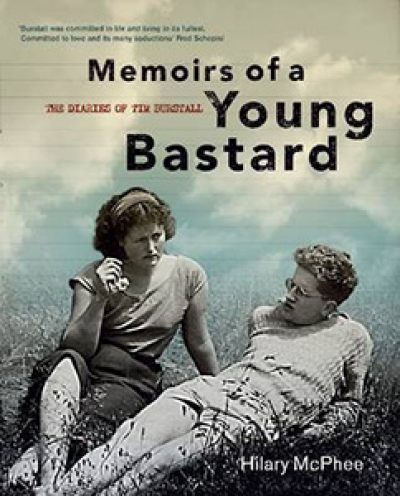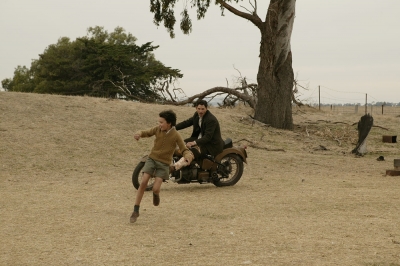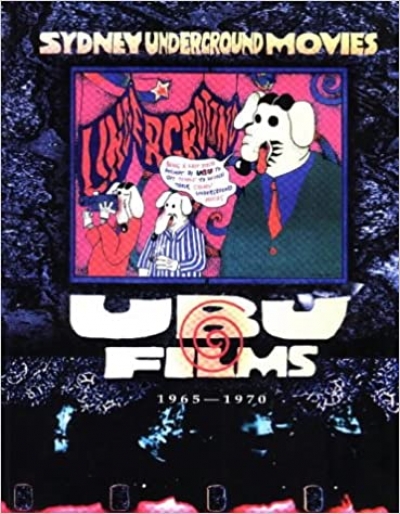Australian Film
Anthology films are expected to be uneven; in a way, the unevenness is the point. With no less than eighteen directors on board, this adaptation of Tim Winton’s short story collection The Turning (2004) resembles an epic round of the surrealist game Exquisite Corpse, in which players separately draw parts of a human figure on a sheet of paper which is then unfolded to reveal the bizarre whole.
... (read more)Memoirs of a Young Bastard: The diaries of Tim Burstall November 1953 to December 1954 edited by Hilary McPhee with Ann Standish
When Raimond Gaita’s memoir Romulus, My Father was published in 1998, the acclaim with which it was greeted was ubiquitous. The book was significant not simply because it was a strikingly revealing personal narrative written by a renowned philosopher, but because it managed to present a story that contained large doses of personal tragedy without rendering the experience of reading it either falsely uplifting or overwhelmingly depressing. While offering vivid portraits of an inconstant, depressive wife and mother, and a self-possessed husband and father struggling with his own sense of self-worth, Romulus, My Father celebrated the power of love and friendship in the most subtle, telling and deeply humane ways.
... (read more)Ubu Films: Sydney underground movies 1965-1970 by Peter Mudie
When the ABC asked me to adapt Roger McDonald’s novel 1915 into a major seven-part serial, I declined. Ray Alchin, producer and head of the ABC’s film studio in Sydney, looked at me with disbelief and asked me to read it again. So I read it again, twice, and thanked him for having the good sense to see its possibilities, and gratefully accepted.
... (read more)




